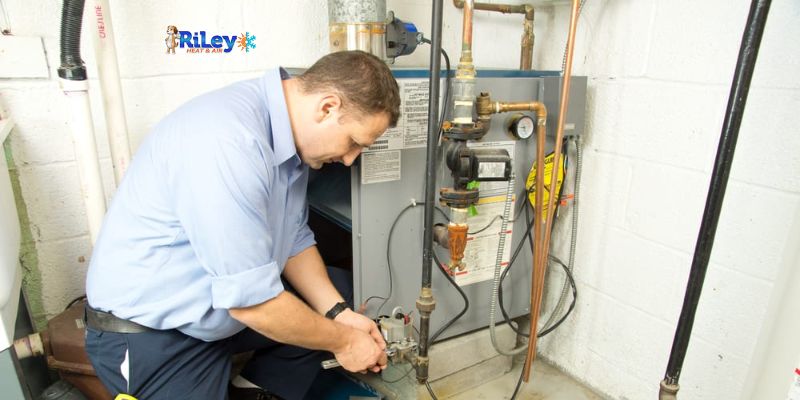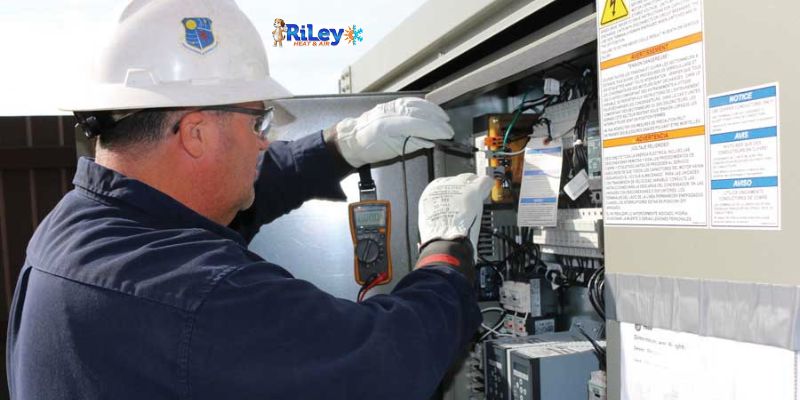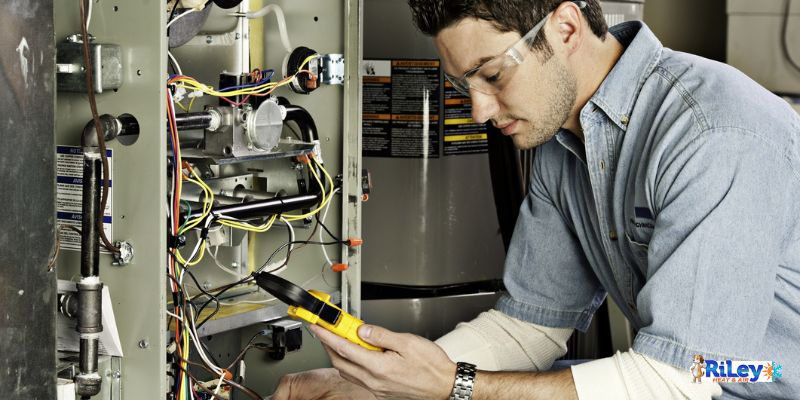
What are the advantages of having a furnace in the winter?
Without a furnace, a chilly winter night can be disastrous. Because they keep a home or office warm and comfortable, furnaces are loved both at home and at work. A furnace will ensure your health, safety, and comfort while it keeps you warm and ready for the next winter.
During the winter, a furnace will supply the ideal amount of heat for your residence or place of business. It will ensure that you are at ease and can take in the cool air.
Using a furnace during the winter will reduce the repairs that need to be made by the HVAC technician in the house and save money. Furnaces do not break down like heat pumps when necessary in the winter. Here are some of the benefits of having a furnace during the winter.
The advantages of having a furnace in the winter
The warm-up is efficient, high in energy, and quick
A furnace comes in handy during the winter since cold air is more challenging to heat and the winter makes the house feel much colder. The environment in a room causes the furnace to quickly heat the house during the winter. The house is kept pleasant. Sleeping through the cold is always a challenge, especially if there is no furnace in the home. The health of some people may be harmed by the frigid evenings.
One of the heating methods you can count on, even on the coldest and iciest evenings, is the furnace. They are more reliable and would function even during the harshest winters.
During the winter, a furnace quickly warms the entire property.It saves everybody the stress and time of huddling in front of the fireplace to keep warm.
Furthermore, the furnace is an effective heating system with a faster start-up time to keep the property warm. The furnace is a common and effective energy-heating system.
Compared to fireplaces and other conventional heating systems, furnaces are highly energy efficient. With a good furnace, homeowners pay significantly fewer heating bills.
Furnaces heat the whole house within minutes in the winter, unlike hydronic and electrical heating systems, which can quickly provide the entire house with comfort and warmth.
Refreshing air
Another benefit of a furnace during the winter is improved air quality in the home or office. The house loses its temperature quickly during the winter, making the furnace work harder to keep the air refreshed.
Hence, the furnace uses forced air, and your thermostat's temperature setting aids its performance. The air system uses a ductwork system, which improves indoor air quality.
The furnace's air system allows you to install a humidifier, air purifier, air filter, etc. to enhance its ability to filter away specks of dirt and produce refreshed air. The idea of combining air conditioners into one furnace will save you stress and produce good air quality.
Furnaces during the winter are equipped with features to clean and purify the air. The furnace makes the home moist and stops it from becoming dry, and the general atmosphere in the house becomes refreshed.
Instead of using several mini-conditioning systems to keep the home warm during the winter, all can be combined and infused into the furnace. Enhancing indoor air quality should be your priority, as it affects your home and health.
Safer than conventional heating systems

Using a furnace during the winter is safer and more advisable than the conventional heating system. The furnace can run 24/7 without fear of any breakdown or hazardous breakout if it is well maintained, unlike other traditional heating systems, which are likely to develop faults during a long run or constant use.
Hence, the furnace is one of the safest ways to heat the house, especially during the winter. You are taking into consideration the most common problem, which is the fire outbreak caused by a heating system.
Moreover, some of these heating systems come with a safety switch to prevent fires from breaking out and creating disastrous effects that are dangerous to health.
Most HVAC companies provide precautions against furnace hazards like leaking carbon monoxide inside the house and other harmful gasses, which can harm human health and cause death in severe cases.
Cost efficiency

The furnace is used occasionally and during the winter to heat the house. When compared to traditional heating systems, they are more cost-effective. Their life span is more prolonged and requires less maintenance. This is because the furnace is used for only a specific period of the year. They do not develop faults because of overuse or long-term use.
Furthermore, they require little or no budget for maintenance and servicing. Furnaces do not require a fortune to operate, and their high efficiency makes them affordable.
For house owners, having a furnace is an added advantage, but it is advisable to contact a professional HVAC company to install it. They give professional advice on the type of furnace to use. Value is added to the home because most people look for homes with furnaces to buy or rent. Hence, clients consider the low bills to pay when a house has an installed furnace and will most definitely opt for it as a bonus.
With a furnace at home, homeowners can handle increasing natural gas prices. Furnaces are a less expensive investment during the winter. Boilers and fireplaces cost more than the furnace. Sourcing fuel or liquids to run some types of furnaces can be overly expensive, but the air conditioning service requires less.
Conclusion
Using a furnace in the winter surely improves everyone's comfort in the house, as well as the air quality and quality of sleep. Because furnaces don't generate much noise or hardly any noise at all to disturb a good night's sleep, people can sleep soundly and easily.
A furnace can operate in a variety of ways and comes in models that are ideal for the winter and different power sources. Additionally, it is very flexible and energy-efficient, making it simpler and better to use the furnace in the winter and take advantage of its advantages. It is appropriate to get a reputable HVAC company to install and maintain the furnace in your house or place of business.







COMMENTS